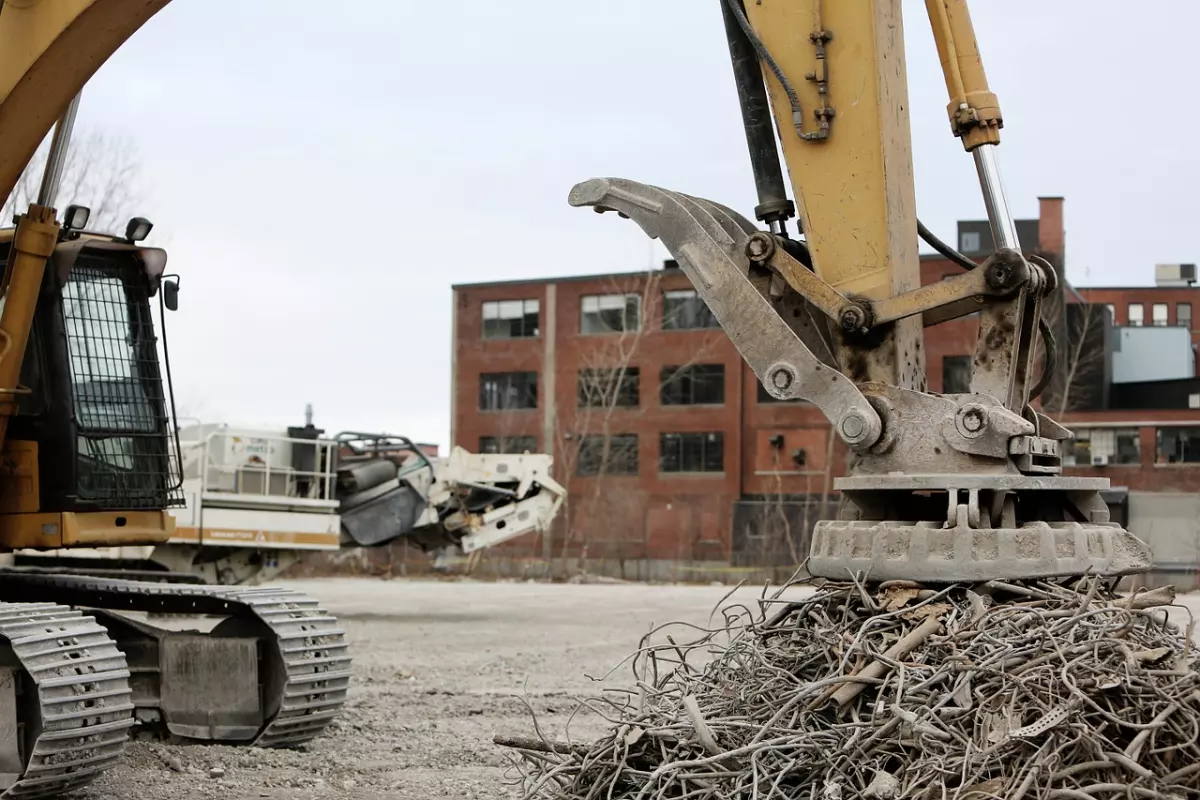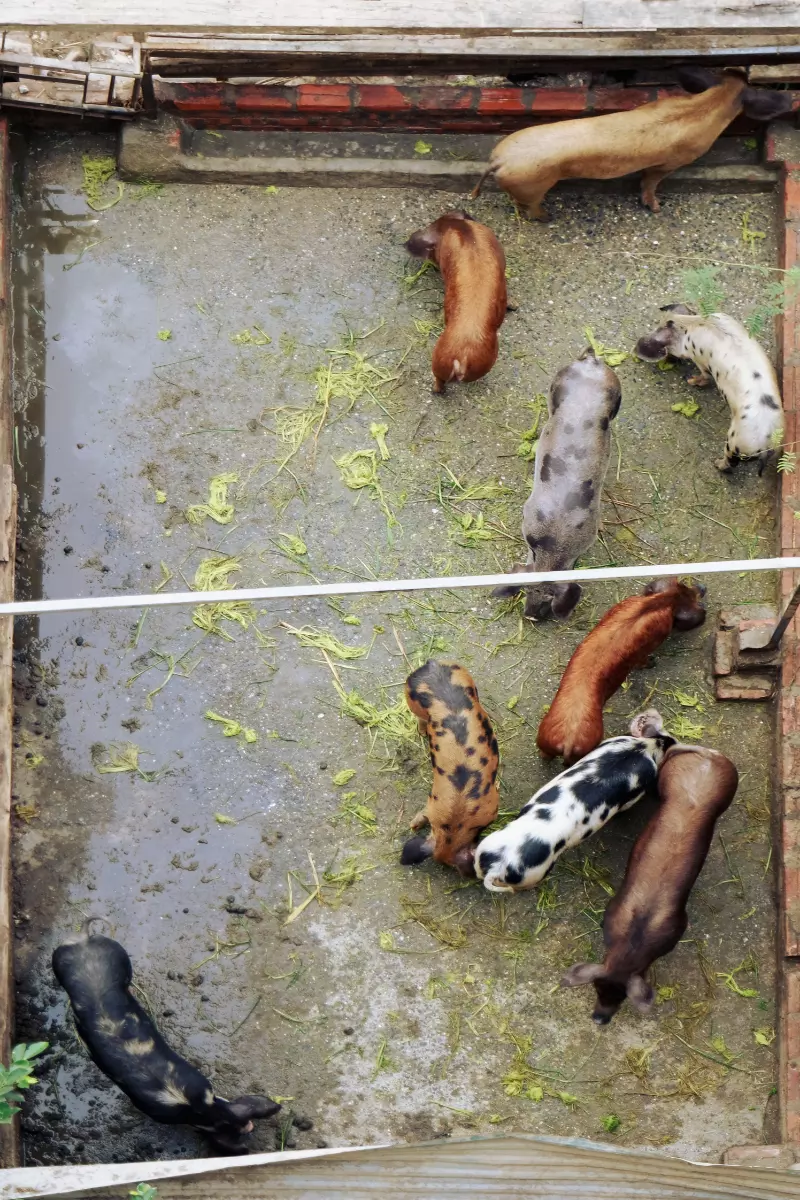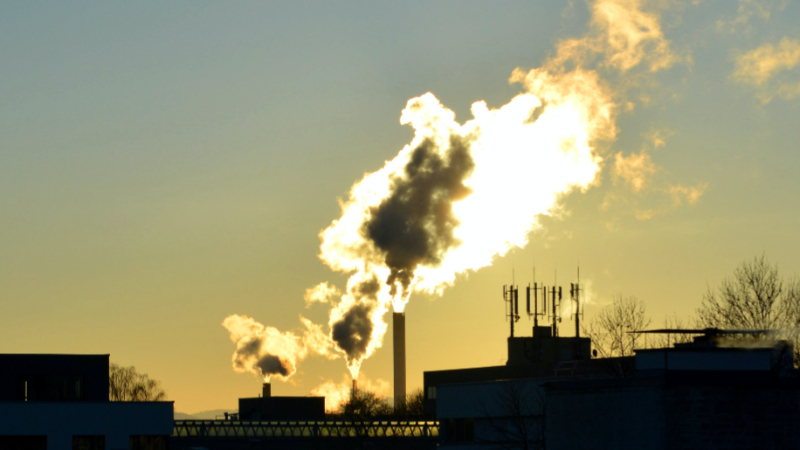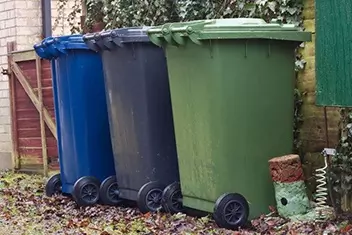Do you want to find out more about the 5 types of waste disposal? We look at the main Types of Waste Disposal Methods in the UK.
The 5 Types of Waste:
Liquid Waste
All discarded grease, oil, sludges, wash water, used detergents, and dirty water are called "liquid waste" They are harmful to our environment and may be found in both homes and workplaces. Wastewater is the term used to describe any liquid waste.
There are two types of liquid waste: non-point and point source waste. Non-point source liquid wastes are those that naturally occur in our environment. Point source liquid wastes are those that are created.
Solid Waste
Any rubbish or refuse, sludge from wastewater treatment plants, water supply treatment plants, or air pollution control facilities, as well as other discarded products, created by industrial, commercial, mining, and agricultural operations, as well as community activities, are considered solid waste.
Every action we perform generates some type of garbage. It is critical to remember that not all waste is considered solid garbage. Solid wastes contain a variety of liquid, semi-solid, and gaseous components.
Organic Waste
Examples of organic waste include decomposing meat, garden debris, and food waste. Households frequently produce this kind of trash.
They eventually decay into manure due to the action of microorganisms on them, therefore, you shouldn't dispose of them anywhere since organic waste produces methane as it decomposes and shouldn't be tossed out with regular trash. Instead, dispose of this kind of trash responsibly by using a green container.
Recyclable Waste
This category includes all wasted objects that may be recycled, such as metals, furniture, and biological garbage. Since not all goods are recyclable, you must exercise caution while placing items in the recycling bin. If you're not sure whether anything is recyclable, look at the package.
Among the recyclable materials are various types of glass, paper, cardboard, metal, plastic, tyres, textiles, batteries, and electronics. Composting and other biodegradable waste management practices, such as using food and garden waste, are also included in recycling.
Recycling materials are sorted, cleaned, and reprocessed into new materials for creating new items either in a home recycling centre or when they are picked up from curbside bins. For instance, recovered polystyrene foam would be converted into fresh polystyrene in an ideal world where recycling would provide a new supply of recycled material.
Metal cans, for example, can be repeatedly reproduced without losing their purity. Many goods and resources are "recycled" by recycling them to make new ones because it would be impossible or prohibitively expensive to make the same product with alternative materials. Another method for recycling complicated item component pieces is to salvage them owing to intrinsic worth or hazard.
Hazardous Waste
Items that are reactive, corrosive, flammable, or toxic are considered hazardous waste. They are wastes that provide an actual or potential threat to our ecology. Simply put, hazardous waste is garbage that is unsafe or has the potential to harm the environment or human health. Paints created with solvents, insecticides, and other chemicals used in gardens are a few examples of household hazardous waste.
Recycling hazardous trash provides a number of advantages, including lowering the amount of garbage that has to be processed and disposed of and the consumption of raw resources. However, poor storage of such items might result in soil and drinking water pollution, spills, leaks, and fires. The EPA created rules to guarantee recycling would be done safely in order to promote the recycling of hazardous trash while safeguarding the health and the environment.
By definition, hazardous waste has the potential to harm both human health and the environment, which is why it is subject to such rigorous regulations. Hazardous wastes either fall under one of the categories of ignitability, corrosivity, reactivity, or toxicity, or they are officially designated as such by the EPA or a state.
Hazardous waste generation and handling have a detrimental impact on the environment, human health, and ecosystems by contaminating land, air, and water.
Types of Waste Disposal Methods:
Landfill
It is a widely used technique for getting rid of garbage. It entails gathering rubbish and moving it to a predetermined area where it is dumped and buried.
Many cities designate empty and desolate areas to handle trash. Authorities work to make sure that each landfill is designed in a way that is efficient in terms of sanitisation and the utilisation of land.
However, landfills are a significant contributor to the environmental and health problems that plague many communities. The gas emanating from these sites is always exceedingly dangerous, to start with. The other 5 disposal options are all superior to landfill use, it is a truth.

Recycling
Recycling is one of the greatest techniques of disposal since it helps to preserve the environment. There are several materials that may be recycled, including metals, PVC, PP, LDPE, and glass. Recycling keeps garbage out of landfills and water bodies by converting junk into valuable components. Many communities have made it simple to recycle things by implementing labels that indicate whether or not a commodity is recyclable.
The best part about this waste disposal method is that it provides both economic and environmental benefits. It saves the government money on garbage collection programmes, creates thousands of jobs, and has the potential to make a lot of money. To get money from recycling, simply carry recyclable materials to your local recycling centre.
Animal Feed
Your pet may be a very efficient waste disposal animal - you can give crumbs to rabbits and hamsters, and they will happily consume them.
On the other hand, dogs will consume various food scraps, even big meat bones. Make sure the leftover food is suitable for your dog's diet if you have any.
Pigs make excellent food waste disposal animals since they consume almost everything.
In general, animals are effective in minimising the quantity of food waste that a household produces. You don't have to be the animal's owner, simply find someone who has cattle and collaborate with them on a waste management strategy.

Biological Reprocessing
This is one of the greatest ways to handle various types of organic waste. Any garden can benefit from using materials like shredded paper, onion skins, fruit rinds, etc., as compost or mulch. Only paper, food, and plant-based items may be processed via biological reprocessing.
Composting garbage may be done in a number of ways. Whether you want compost for industrial materials or residential piles, the process employed to break down food or paper waste depends on the eventual use. Through biological reprocessing, you can produce waste gas for the production of power in addition to compost or mulch.
Incineration
This form of trash disposal entails the dumping-off technique, in which garbage is destroyed by flames. Thermal treatment is another term for this disposal technique. You can dispose of a variety of waste materials through industrial or household burning.
The incineration approach is preferred by the majority of nations with the little territory. Burning waste items produces energy that may be used to produce heat, electricity, or steam. The fact that this disposal technique may contribute to air pollution is a drawback.

Rubbish Removal Service
Hiring a garbage collection service is one of the most effective waste disposal techniques. When looking for a professional waste removal business, it's suggested that consumers do their research. You can choose the best waste collection service by investigating their company name and reading online customer reviews.
You should also check with them to determine whether your specific item or things may be removed. The majority of establishments can accept the majority of ordinary garbage; if you feel that your undesirable objects would be difficult to remove, you must confirm it first.
Get in touch today if you have any confidential waste collection that needs collecting and disposed of correctly in Maidstone and Kent. Our experience and professionalism can help alleviate any stress or concerns you have concerning wastage.


